- Work Hard
- 10th Apr 2020
- 922 Views
- 0
- 1 minutes
Friday Interview: Elise Lane on opening the first urban winery in the North East
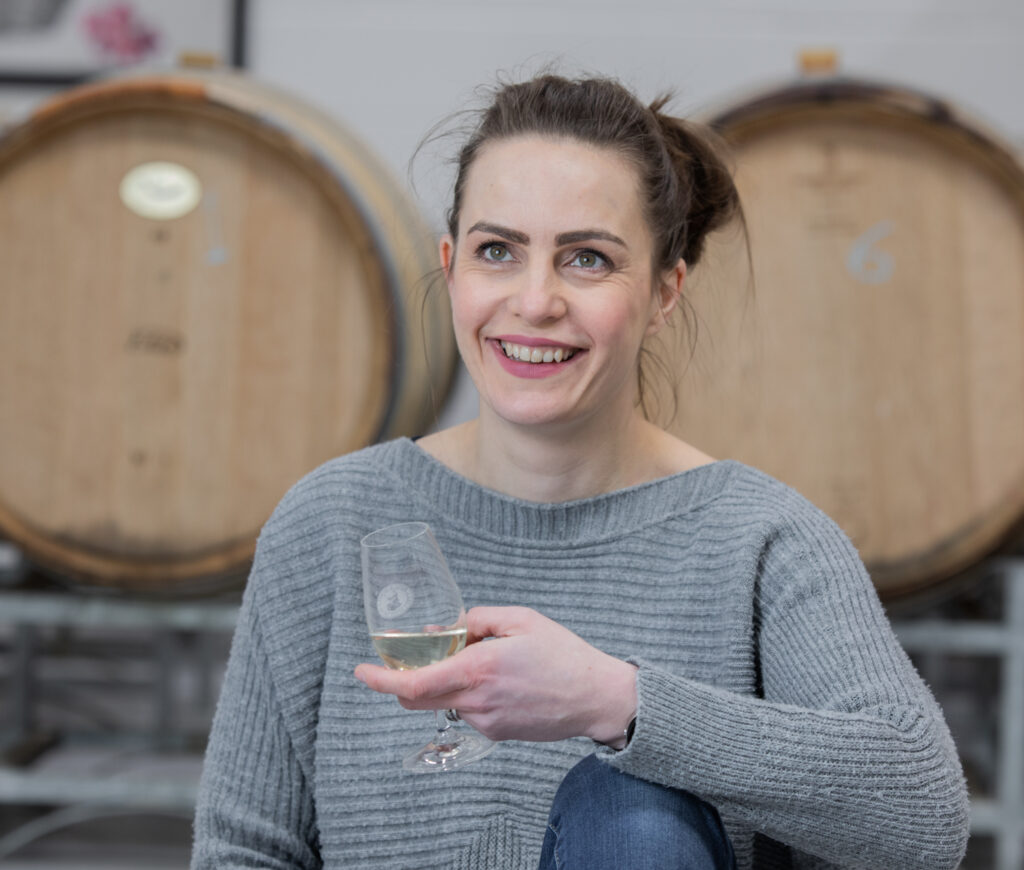
We caught up with CEO and Head Winemaker at Laneberg Wine to discuss career changes, listening to your gut and not letting any constraints put you off pursuing a career that you’re passionate about…
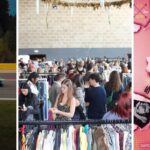
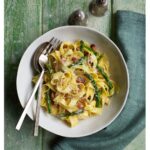
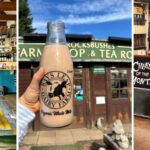




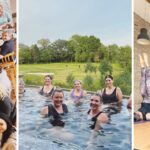


Comments